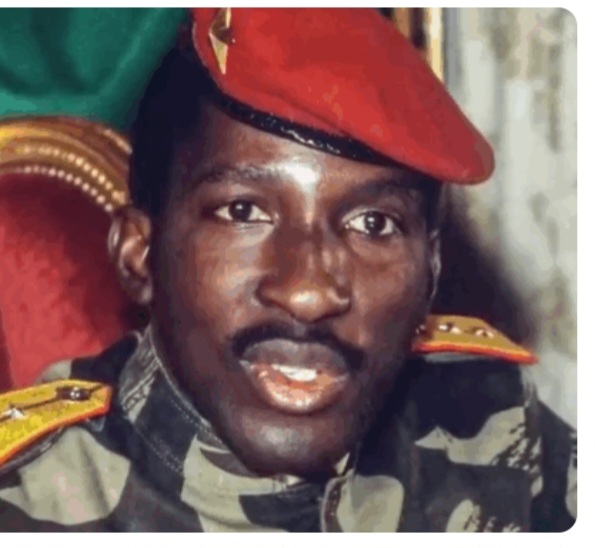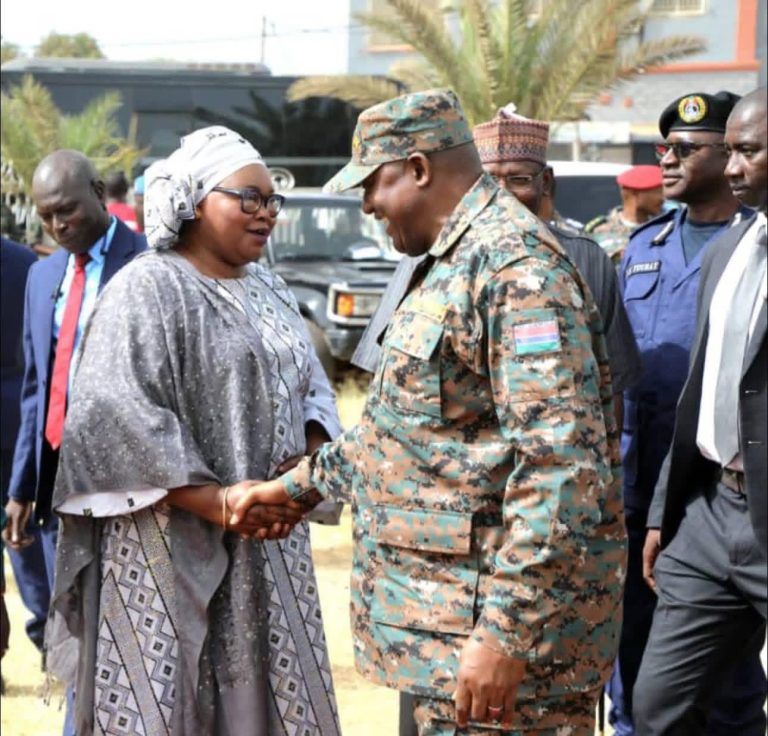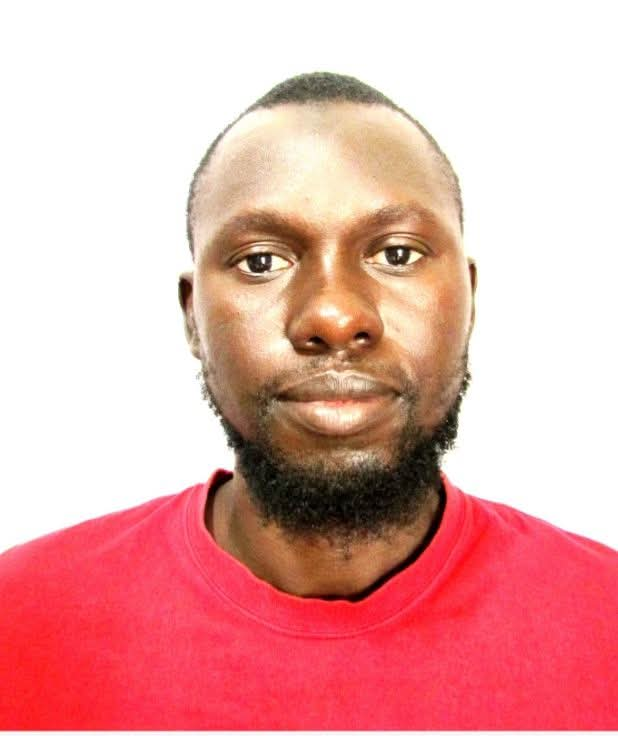
Face constant surveillance and imprisonment, while Morocco markets itself to the world as a stable, reformist ally. These abuses are not accidental—they are essential tools in maintaining colonial control.
Adding to this web of complicity is Morocco’s deepening alliance with Israel, a state engaged in documented genocidal acts in Gaza. The normalisation of ties between Rabat and Tel Aviv has not only included diplomatic and intelligence cooperation but also extends into economic ventures in Western Sahara itself. Israeli companies are directly involved in exploring and potentially exploiting offshore oil and gas reserves in occupied Sahrawi waters—yet another layer of plunder in a territory under siege. Thus, Morocco, backed by France and now Israel, profits politically and economically from a colonial occupation—an occupation that Traoré, Goïta, and Tiani have now chosen to support.
The betrayal here is not only of Western Sahara—it is of the legacy of African revolutionaries who rejected all forms of colonialism, whether European or African. Morocco has long served as a forward base of colonial interests on the continent. Leaders like Frantz Fanon, a son of the Caribbean and hero of the Algerian liberation struggle, warned of post-colonial elites mimicking colonial oppressors. Thomas Sankara, who stood with the Sahrawi people in 1984 and declared their liberation part of Africa’s own, would not have accepted such betrayal.
The decision to enter into this deal is not a geopolitical necessity—it is a political abdication. It finances war crimes, rewards colonialism, and aligns the Sahel’s self-declared revolutionaries with imperial powers and their regional clients. It is a move that compromises the moral foundation of their struggle and reveals the hollow core of their anti-imperial declarations.
The contradiction is staggering: Traoré speaks of decolonising African minds and rejecting Western manipulation, yet partners with a regime that maintains one of Africa’s last colonial occupations. Goïta demands sovereignty while walking hand-in-hand with a monarchy that rules another people without their consent. Tiani speaks of a new era for Niger, yet his government backs a project that ensures another African nation remains in bondage.
This is not Pan-Africanism. This is opportunism. It is the abandonment of principle for access to the sea. It is the betrayal of one of Africa’s longest-running liberation struggles for the sake of convenience and geopolitics. If the Sahel’s leaders wish to be taken seriously as anti-colonial revolutionaries, they must begin by refusing to participate in colonialism themselves. Until they do, their flags may change, but the empire remains—funded now, tragically, not only by Paris, but also by fellow Africans.
Source: Black Star News




